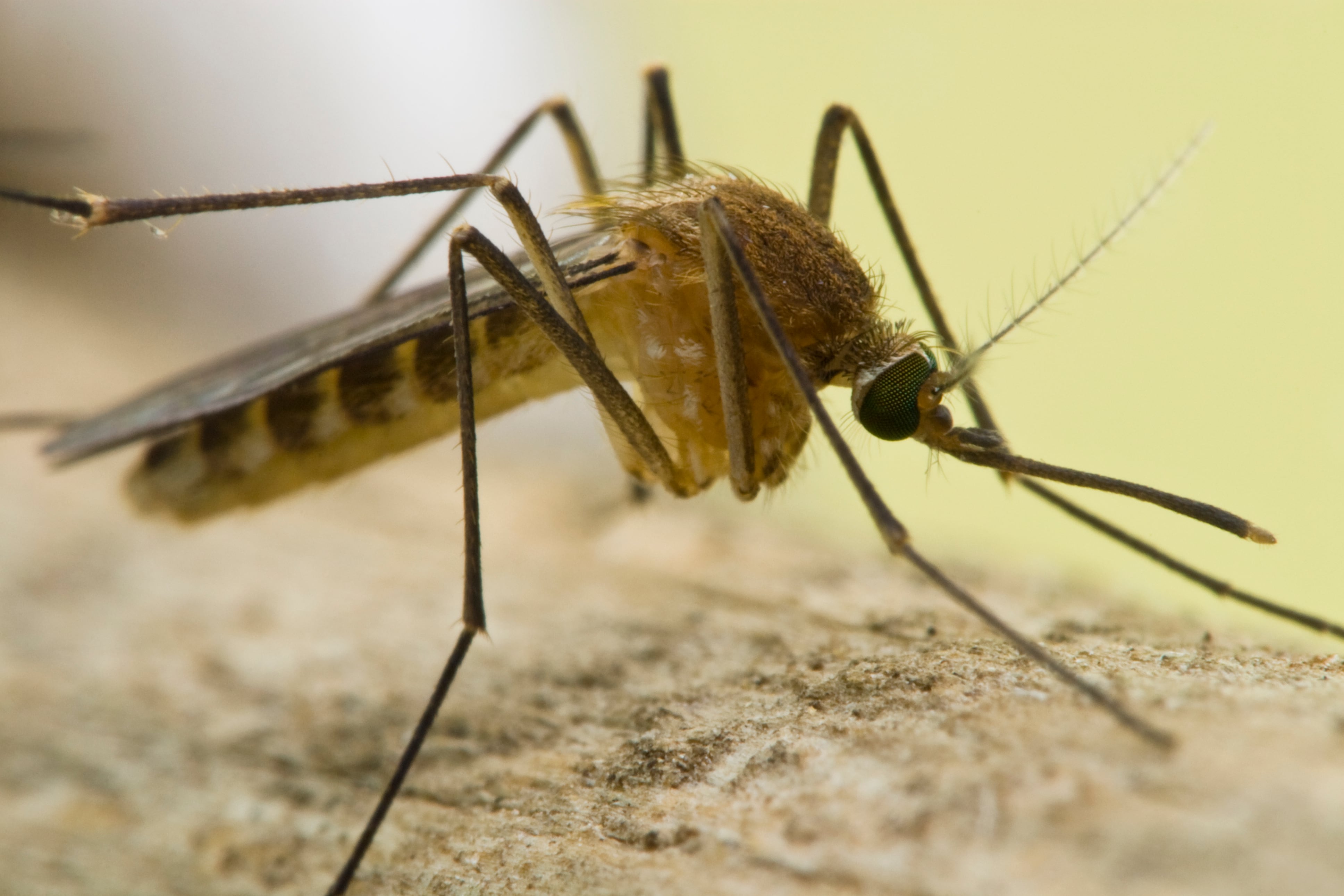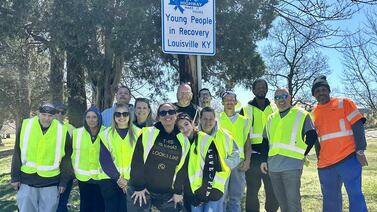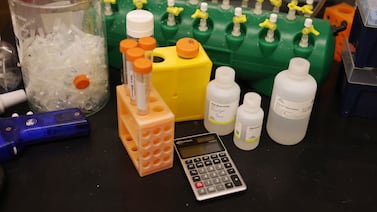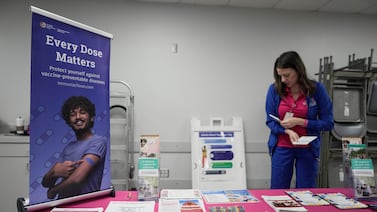Public health, explained: Sign up to receive Healthbeat’s free national newsletter here.
The New York City Department of Health and Mental Hygiene reported the year’s first human cases of West Nile virus, in four city residents, on Monday.
One person was diagnosed with West Nile fever and three others were hospitalized with West Nile neuroinvasive disease — a rare and serious condition — beginning in late July, the Health Department said. The four people with West Nile virus disease live in Manhattan and Queens.
The virus was also detected in the blood donations of three city residents, and the Health Department is investigating two possible cases of West Nile virus disease in the Bronx.
Health commissioner Dr. Ashwin Vasan said in a statement that the department continues to treat marshy areas and conduct mosquito spraying. Vasan also emphasized measures residents can take to keep themselves safe.
“Using an EPA-registered insect repellent is one very important tool, especially when outside at dusk and dawn, when the types of mosquitoes that transmit West Nile virus are most active,” he said. “You can also stop mosquitoes from laying eggs and reproducing in the water by emptying outdoor containers that hold water or calling 311 if you see standing water that you cannot empty.”
August and September are the peak periods of activity for mosquitoes with West Nile virus in New York City.
Mosquito pools — groups of up to 50 mosquitoes that the Health Department traps and tests — that are positive for West Nile virus have been reported in all five boroughs. This summer, the Health Department first detected the virus in the city’s mosquito population on June 5, the earliest identification on record.
The Health Department reported a total of 1,286 positive mosquito pools across the city as of Friday, a significant jump from the 703 positive pools reported in late July. At this point last summer, the city had reported 569 positive pools, according to the Health Department.
The New York State Department of Health reported the first statewide human case of West Nile virus earlier this month, in Suffolk County on Long Island.
The vast majority of West Nile infections are asymptomatic. West Nile fever, the mild form of the disease, is characterized by headaches, weakness, muscle aches, joint stiffness, gastrointestinal issues, and rashes.
Less than 1% of infections result in West Nile neuroinvasive disease, the severe form of the disease. People 60 years and older or those with weakened immune systems are at increased risk for the neuroinvasive disease, which can include encephalitis, meningitis and acute flaccid paralysis (severe muscle weakness), and can be fatal.
Every year, New York City sees significant fluctuations in its annual West Nile virus cases, but climate change may lead to increased mosquito activity, Dr. Yesim Tozan, an assistant professor of global and environmental health at the NYU School of Global Public Health, told Healthbeat earlier this month.
In 2022, New York City hit a record high of 1,555 positive mosquito pools and 36 diagnoses of West Nile neuroinvasive disease. Last year, the Health Department reported 1,146 positive mosquito pools and 31 cases of West Nile neuroinvasive disease.
Over the past decade, an average of 17 city residents have been diagnosed with West Nile neuroinvasive disease per year, with a median age of 62 years and a case fatality rate of 10%, according to the Health Department.
Eliza Fawcett is a reporter covering public health in New York City for Healthbeat. Contact Eliza at efawcett@healthbeat.org.







